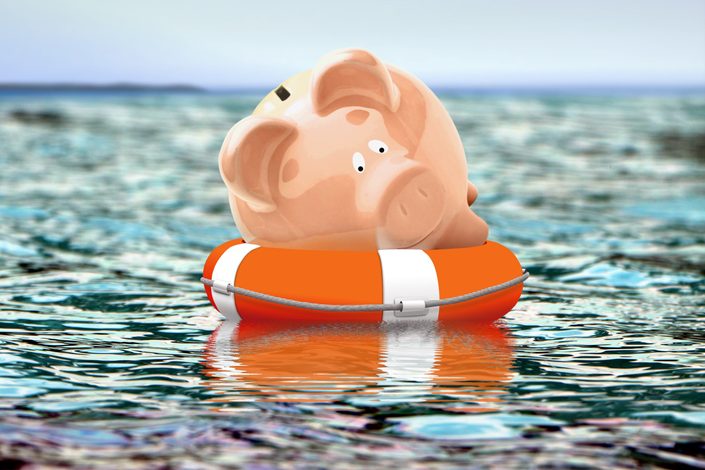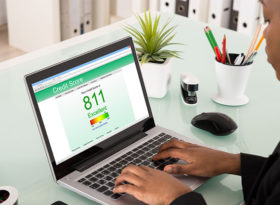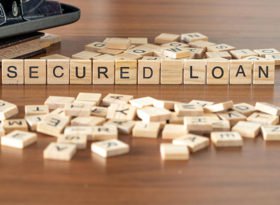 Budgeting
Budgeting
The 3-6-9 Rule for Emergency Savings
There’s no telling when life will throw a curve ball your way, and you need to be prepared for it. Creating a solid emergency fund that will allow you to continue your current lifestyle for several months is the best way to be prepared for whatever comes your way. Many people, however, have no idea how much they actually need to have in that emergency fund. How much is enough? The 3-6-9 guidelines for emergency savings will help you prepare for the potential disasters that could come your way.
You Need At Least 3 Months of Savings If:
If you are single with no kids and rent instead of owning your home, your biggest worry is providing for yourself. Three months will likely be enough time for you to find another job, get back on your feet, or figure out how to handle an emergency. While having a larger emergency fund is always a great way to ensure that you’re prepared for whatever comes your way, that doesn’t have to be your current goal. Save up at least three months of your current income or your current living expenses. This should include details like an increased data plan or paying for your insurance if that’s something currently covered by your employer.
You Need At Least 6 Months of Savings If:
If you have a family–that is, a spouse and kids who are relying on your to pay their bills in addition to your own–you can’t afford to leave things to chance. This is especially true if you have a mortgage you need to pay or other large expenses. You can afford to go where the wind takes you when you’re on your own; when you have a family, you need at least six months of savings so that you’ll have time to get back on your feet if a disaster comes your way.
When 9 Months of Savings is More Realistic:
Freelancers and business owners are more prone to needing to juggle finances than individuals with a steady pay check and a nine-to-five schedule. One small disaster can turn into a big mess for a freelancer, whose monthly income can fluctuate in the blink of an eye. A week off sick isn’t a big deal when you have company sick days to fall back on. When you miss deadlines and have to turn down work because of it, on the other hand, it can spell financial disaster–or at least a month spent eating peanut butter sandwiches. Preparing an emergency fund that will cover your expenses for up to nine months will give you time to get yourself back on your feet and make some decisions about your financial future.
Setting aside an emergency fund is challenging, especially if you are struggling to keep your head above water or you’re just getting started. If an unsecured personal loan will help you get your finances in order, contact us to learn how we can help you get things sorted out.




